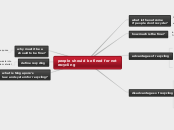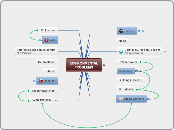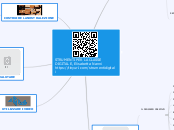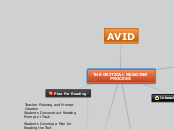по Vicky Law 17 лет назад
473
EDER 669.50: Project 1
Project 1 Involves hunting and gathering to find out more about the teaching and learning context of a country of your choice. By learning more about the culture of schools and EFL/ESL programs around the world, we may begin thinking about and encouraging culturally sensitive pedagogical practices. This is important because your way of teaching as you prepare yourself in the specialization of TESL/TEFL may not align with the expectations and culture of learning of your students. If you know where your students are coming from, you can intentionally begin to introduce pedagogical innovations and, at the same time, you can respect what your students need and want. Yet, in some educational contexts, you may have no choice! If you are teaching EFL abroad, you may have few choices within a top down, highly regimented approach with a heavy emphasis on testing. Overview: Culturally sensitive teaching involves understanding and respecting the expectations for the learning processes the students bring to class. By examining these expectations more closely, we can also identify 'cracks in the system' or the niche places for educational and pedagogical reform and experimentation - small and simple as that may be. This structured mini-research assignment will help you acquire a beginning understanding of those expectations and practices your students have in mind when they come to your class. Objectives: To identify the predominant instructional paradigm of a given culture and to understand the culture of teaching and learning of various countries by undertaking one study and sharing with others to make a small portfolio for future reference. This sharing will help us identify common practices and expectations across cultures that may limit what I can do, and provide possibilities for change by identifying the 'cracks in the system'. It will help us identify strengths in EFL teaching and learning that we can adopt as our own. Lastly, we want to learn from the mistakes of others who have attempted EFL curriculum implementation projects without having taken into account the local culture. For those in an ESL setting, it is important to go gently forward by knowing where your students are coming from - to keep what is working and to change where necessary.









